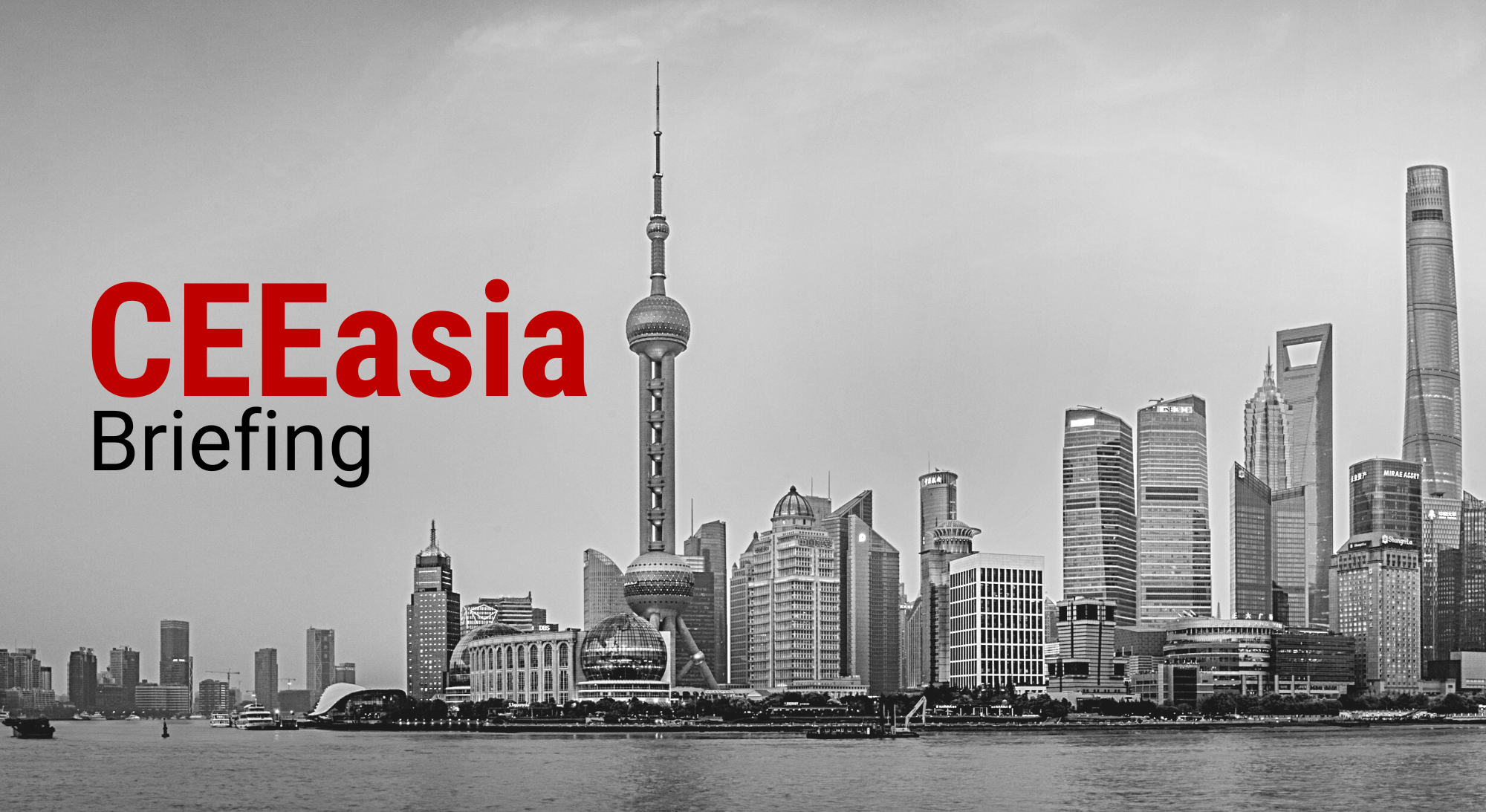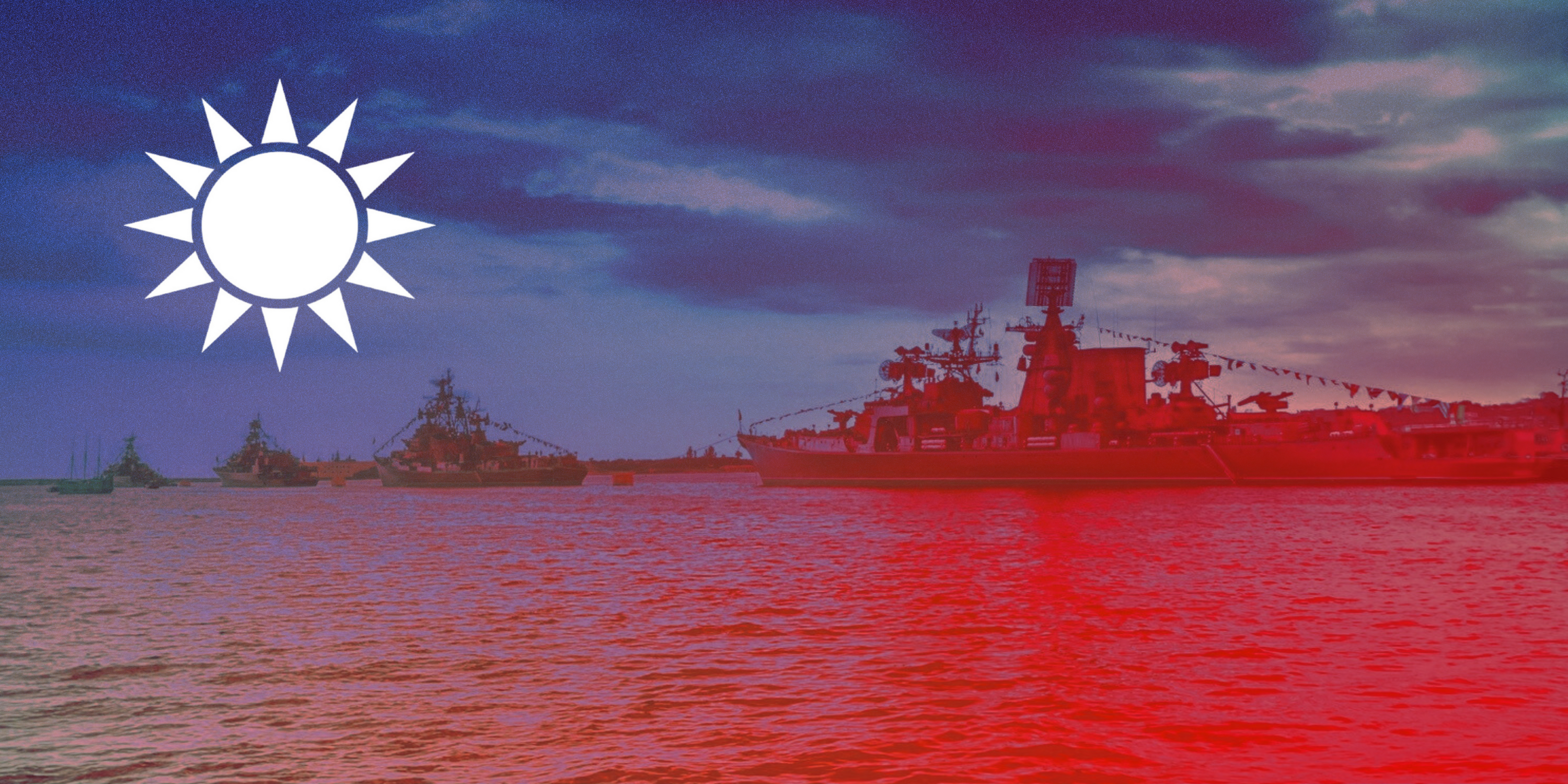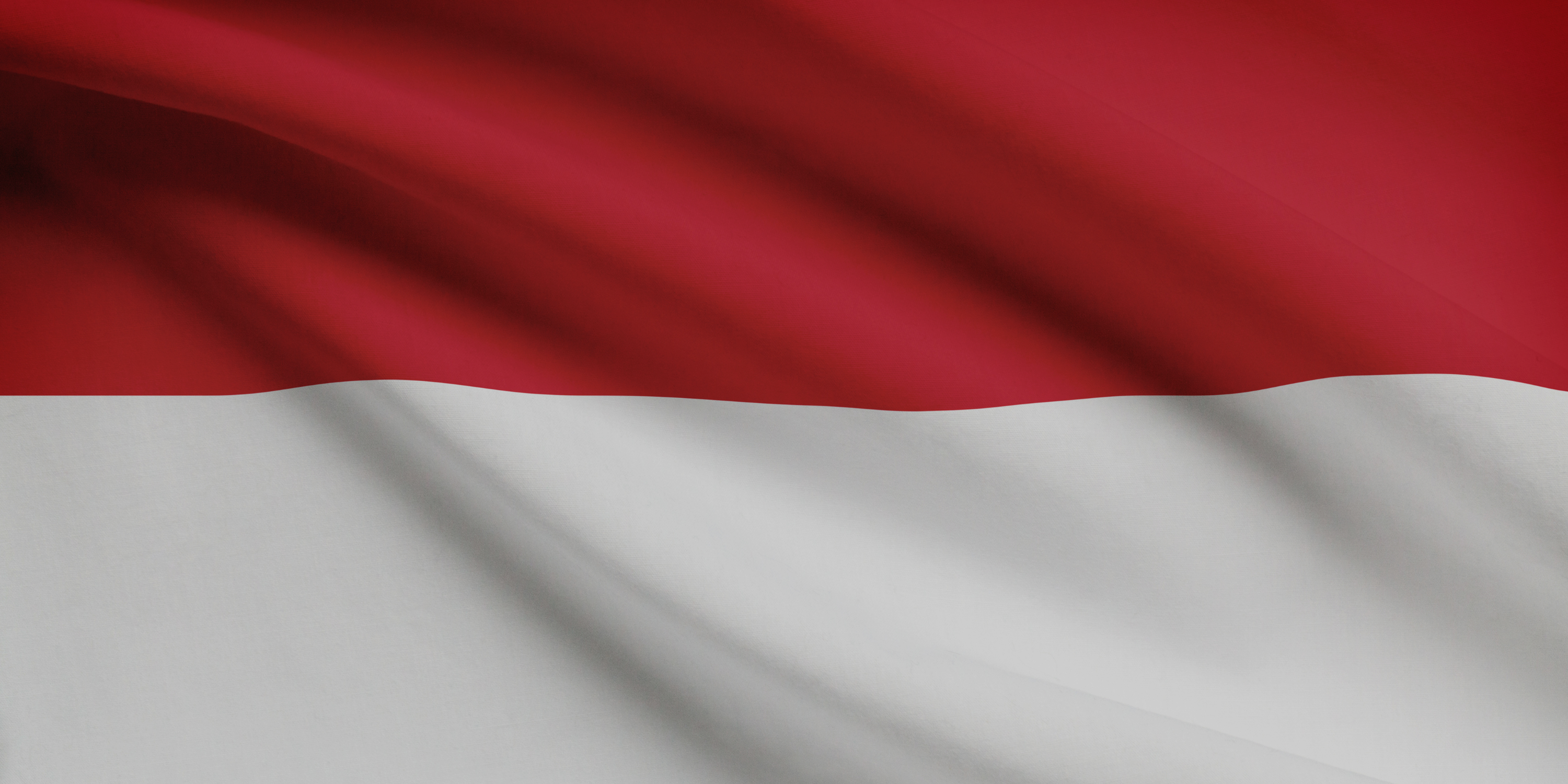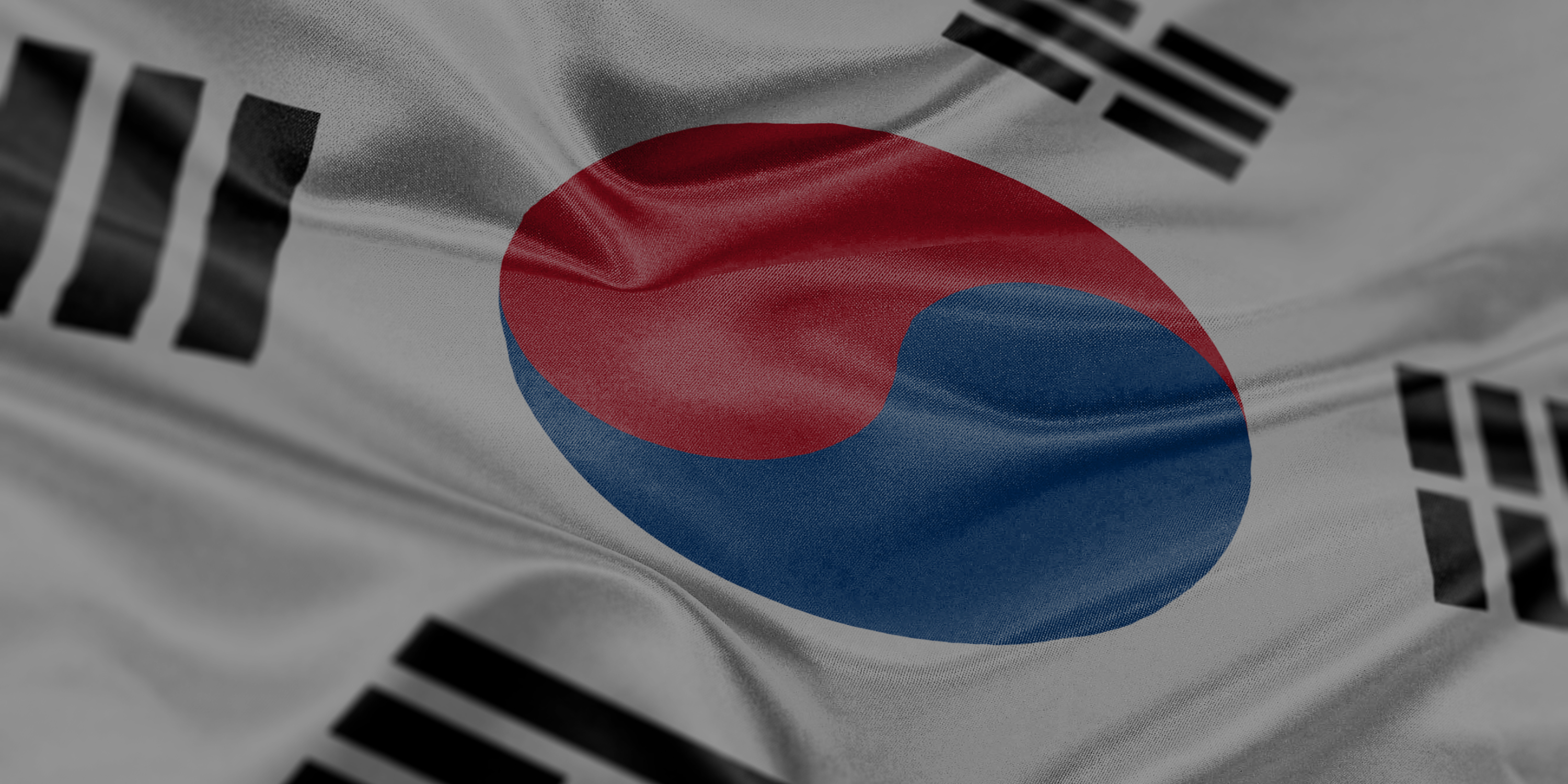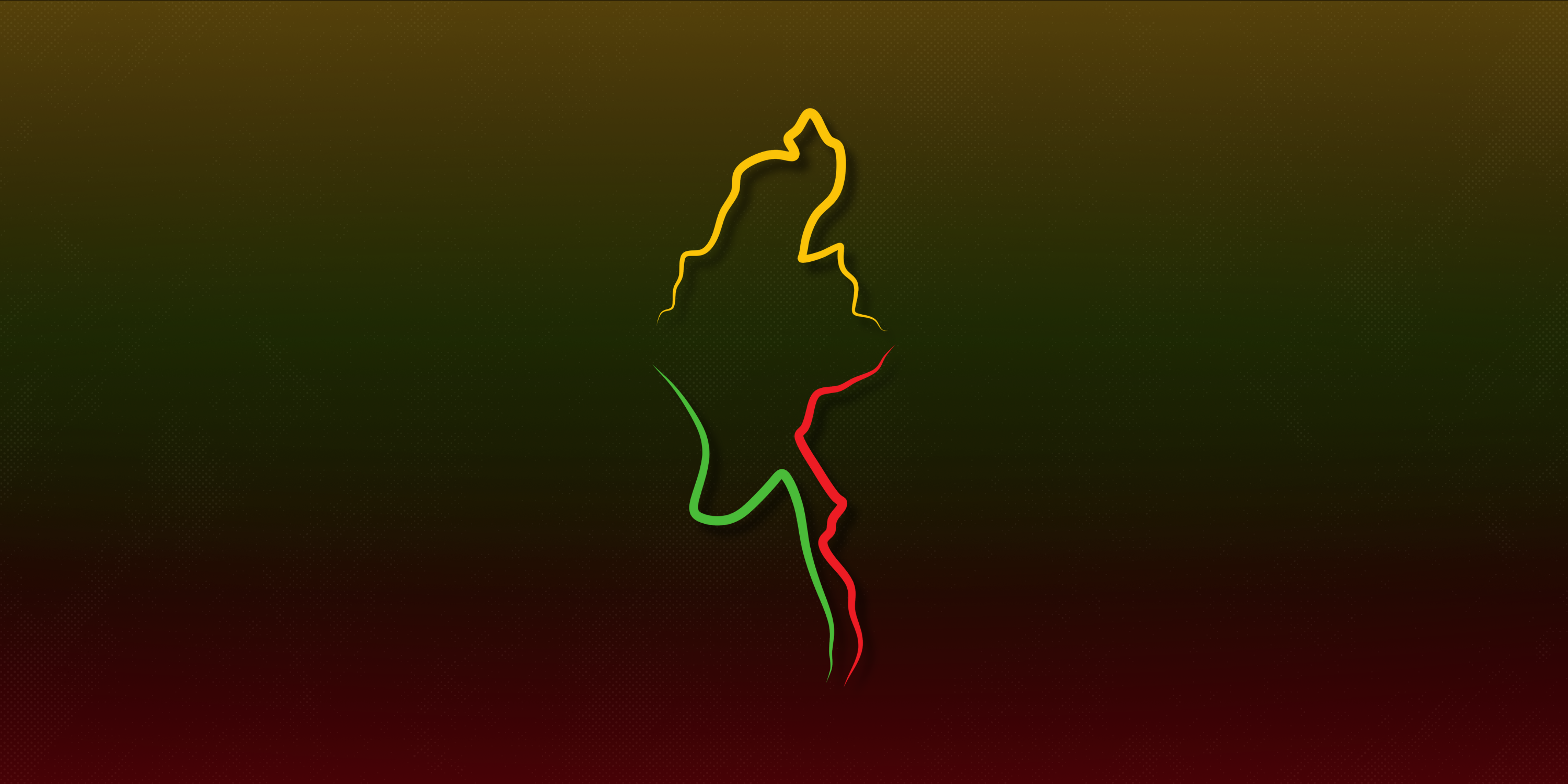Welcome to the 28th issue of the #CEEasia Briefing.
In this issue we dissect the following topics:
- Taiwan, China & the CEE
- Japan’s role in the Ukraine war
- India’s balancing approach towards Russia
If you like what you see, please forward this message to your friends and colleagues who can subscribe here.
Do you need to know more about East Asia? Don’t hesitate to shoot us a message about custom analysis tailored to your needs.
1. Taiwan, China and CEE: Is a Seismic Shift Underway?
What’s going on? The Chinese delegation headed by the Ministry of Foreign Affairs’ Special Representative for China-CEEC Cooperation Huo Yuzhen embarked on a diplomatic tour of eight CEE countries, namely the V4 states, Slovenia, Croatia, Latvia, and Estonia. The alleged purpose is to revive the 16+1 framework of cooperation as an increasing number of CEE capitals are turning their backs on Beijing amidst its ambiguous stance on the Russian invasion of Ukraine. All this takes place alongside an increasing number of political elites in CEE calling for closer relations between Taiwan and the EU.
Going deeper… During his meeting with the Chinese delegation, the Czech Deputy Minister of Foreign Affairs Martin Tlapa conveyed a message of disapproval of the ongoing Sino-Russian cooperation and warned against further damage to China’s relations with the EU if Beijing keeps its current stance on the war in Ukraine. A similar sentiment was expressed a few days earlier by the Minister of Foreign Affairs Jan Lipavský during his interview with POLITICO, when he called for closer ties between the EU and Taiwan as a fellow democracy that is “bullied by China”.
Indeed… China’s position on Ukraine stands in stark contrast to Taiwan’s, which has not only joined the ranks of countries imposing economic sanctions on Russia but has also been providing financial support to Ukrainian refugees. The Taiwanese government donated hundreds of thousands of US dollars each to Czechia, Slovakia, Estonia, Latvia, and Lithuania to assist the Ukrainians fleeing the war. When it comes to Lithuania, the Taiwanese Ministry of Foreign Affairs has also confirmed its receipt of the Baltic nation’s application for a trade office in Taipei. What is particularly noteworthy, however, is Taiwan’s well-established economic presence in China-friendly nations such as Hungary, which in 2020 held the second-largest stock of Taiwanese FDI in the EU.
This means… As security threats of China’s closeness to Russia surpass the likely economic benefits of cooperation with Beijing, CEE countries will probably continue turning away from it with no amount of Beijing’s damage control able to stop this shift. The same is likely to happen at the EU level, as demonstrated by the sharp dissonance in the official stances of Brussels and Beijing during the EU-China summit in April. Indeed, such an EU-wide shift may be hastened by the Czech Presidency of the Council of European Union that is to start in July.
Further reading:
SCMP: Chinese diplomats head to eastern Europe as suspicions grow over Russia ties
POLITICO: Czech foreign minister eyes closer ties with ‘bullied’ Taiwan
CHOICE: For Taiwan, China-Friendly Hungary Remains a Key EU Investment Destination
2. Japan’s Role in the Ukrainian War
What’s going on? In response to the Russian invasion of Ukraine, Western countries have resorted to severe sanctions, the expulsion of Russian diplomats, freezing of funds, and confiscation of the assets of Russian oligarchs. Many of these, especially the European ones, did so despite their significant dependence on Russian oil and gas supplies as well as the impact of such moves on the global economy. In Asia, Japan is also one of the leading countries in responding to the war in Ukraine, with the government led by Kishida Fumio significantly shifting its policy towards the Russian Federation.
Going deeper… Russian-Japanese relations a few years ago could have been described as above-standard, especially under the administration of Abe Shinzo, who tried to negotiate the return of the disputed islands that Japan claims as its Northern Territories but that were occupied by the Soviets at the end of World War II. As the resolution of this issue is conditional on the signing of a peace agreement between Russia and Japan, Prime Minister Abe offered investments in the Russian Far East in exchange for the islands. Several variants of resolving the territorial dispute were discussed, but the negotiations stalled after the Russian annexation of Crimea in 2014 when Japan imposed sanctions on Russia and condemned the illegal annexation.
However… The current Japanese administration seems to have realized that the return of the islands is unrealistic, at least until Putin stays in power, and so it is willing to be more assertive towards Russia. This is evidenced by its recent designation of the islands as “illegally occupied”, a term that has not been used by Japan since 2003. In addition to imposing sanctions, the Japanese government has frozen the accounts of hundreds of individuals and banned the exports of goods that could be used for military purposes. It also plans to stop importing Russian coal.
In addition… A particularly significant step on the part of Japan was also the abolition of the Russian status as the “most favored nation”, which in practice means the possibility of introducing customs duties on the imports of Russian products. The exceptions are oil, natural gas, and palladium, which were free of tariffs even before the status was granted. At the same time, however, Japan needs raw materials for its economy, with up to 9% of its natural gas and 4% of its oil coming from Russia.
This means… Despite the fact that Japan is already feeling the effects of the slowing global economy, Prime Minister Kishida is determined to continue its international efforts to stop Russian aggression. To this end, he participated in the recent G7 and NATO summits, where he held talks with President Biden as well as Chancellor Scholz. Kishida, as the only representative of Asia in the negotiations, discussed the possible mitigation of the economic impact of sanctions whilst simultaneously emphasizing the importance of putting pressure on China to help end the war.
Further reading:
The Diplomat: Japan Resets Its Role in Europe in the Wake of Ukraine War
AP News: Japan says disputed islands ‘illegally occupied by Russia’
ABC News: Japan formally revokes Russia’s ‘most favored nation’ status
3. India’s Balancing approach towards Russia
What’s going on? While most countries swiftly condemned the Russian invasion of Ukraine, India has maintained a relatively restrictive stance toward the war. It has not only avoided the pressure to join the international community in imposing sanctions against Moscow but also abstained from every UN resolution addressing the war in Ukraine. Although for New Delhi there are some pragmatic reasons to find a diplomatic balance over Ukraine, this strategy has become a subject of criticism both in the West and at home as politicians from the opposition called for a clear stand on the war.
Going deeper… Russia has for a long time been viewed as one of India’s strategic partners. The bilateral trade between the two might not be as high as India’s trade with the EU, but the long history of collaboration on defense and strategic issues undoubtedly underlies India’s current stance on the war in Ukraine. It is exactly the defense ties that have been a crucial factor in their relationship; Russia is India’s largest arms supplier providing it with strategic deterrence against China and Pakistan. In addition, around 70% of India’s arsenal comes from Russia. All this means that even if India wanted, it has little alternative to find other providers: the US weapons are either too expensive or difficult to obtain (in the case of missile systems), and even if India would still need ammunition for its existing weaponry.
This means… India would face an unfavorable situation should it deviate from its balancing approach over the war in Ukraine. It is therefore in India’s own interest to maintain as positive a relationship with Russia as possible because it needs its support – and mostly its veto in the UNSC – in dealing with its own territorial conflicts in Kashmir.
Nonetheless… This rationale behind New Delhi’s stance has found some understanding in Washington, as indicated by the recent 2+2 dialogue between India and the US. The Secretary of State Antony Blinken noted that the relationship between India and Russia developed when the US “was not able to be a partner to India” whilst suggesting that Washington was prepared to replace Russia’s position as India’s close partner.
Further reading:
The Diplomat: Why India Has Been Soft on Russia Over Ukraine
BBC: 2+2 talks: How India and US agreed to differ on the Ukraine war

